"The Clash - London Calling" Tribute to 36th Aniversary
ROck N' Roll & DisrupT
London Calling is the third studio album by English punk rock band the Clash. Released today in 1979, the cover was an homage to Elvis Presley debut album... London Calling has been considered by many critics to be one of the greatest rock albums of all time. In a contemporary review for The New York Times, John Rockwell said the album finally validated the acclaim received by the Clash up to that point because of how their serious political themes and vital playing were retained in music with innovative features and broad appeal: "This is an album that captures all the Clash's primal energy, combines it with a brilliant production job by Guy Stevens and reveals depths of invention and creativity barely suggested by the band's previous work."
London Calling is the third studio album by English punk rock band the Clash. It was released in the United Kingdom on 14 December 1979 by CBS Records, and in the United States in January 1980 by Epic Records. London Calling is a post-punk album that incorporates a range of styles, including punk, reggae, rockabilly, ska, New Orleans R&B, pop, lounge jazz, and hard rock.
The album's subject matter included social displacement, unemployment, racial conflict, drug use, and the responsibilities of adulthood. The album received widespread acclaim and was ranked at number eight on Rolling Stone's list of The 500 Greatest Albums of All Time in 2003.London Calling was a top ten album in the UK, and its lead single "London Calling" was a top 20 single. It has sold over five million copies worldwide,
THE CLASH "THE MAKING OF LONDON CALLING"
Artwork
The album's front cover features a photograph of bassist Paul Simonon smashing his Fender Precision Bass (on display at the Cleveland Rock and Roll Hall of Fame as of May 2009) against the stage at The Palladium in New York City on 20 September 1979 during the Clash Take the Fifth US tour. Pennie Smith, who photographed the band for the album, originally did not want the photograph to be used. She thought that it was too out of focus, but Strummer and graphic designer Ray Lowry thought it would make a good album cover. In 2002, Smith's photograph was named the best rock and roll photograph of all time by Q magazine, commenting that "it captures the ultimate rock'n'roll moment – total loss of control".
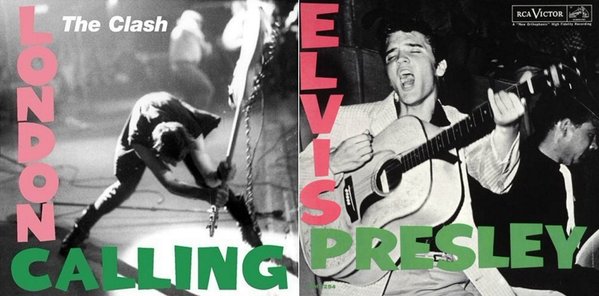
The cover artwork was designed by Lowry and was an homage to the design of Elvis Presley's self-titled debut album, with pink letters down the left side and green text across the bottom. The cover was named the ninth best album cover of all time by Q magazine in 2001.[39] In 1995, Big Audio Dynamite (a band fronted by former Clash member Mick Jones) used the same scheme for their F-Punk album. The album cover for London Calling was among the ten chosen by the Royal Mail for a set of "Classic Album Cover" postage stamps issued in January 2010.
Reception and legacy
London Calling received widespread critical acclaim when it was first released in 1979. In a contemporary review for The New York Times, John Rockwell said the album finally validated the acclaim received by the Clash up to that point because of how their serious political themes and vital playing were retained in music with innovative features and broad appeal: "This is an album that captures all the Clash's primal energy, combines it with a brilliant production job by Guy Stevens and reveals depths of invention and creativity barely suggested by the band's previous work." Charles Shaar Murray wrote in NME that it was the first record to be on-par with the band's hype, while Melody Maker critic James Truman said the Clash had "discovered themselves" by embracing American music styles. Rolling Stone magazine's Tom Carson claimed the music celebrated "the romance of rock & roll rebellion" and was vast, engaging, and enduring enough to leave listeners "not just exhilarated but exalted and triumphantly alive". In the opinion of Down Beat journalist Michael Goldberg, the Clash had produced "a classic rock album which, literally, defines the state of rock and roll and against which the very best of [the 1980s] will have to be judged." Charlie Gillett was less impressed, believing some of the songs sounded like poor imitations of Bob Dylan backed by a horn section. In Sounds, Garry Bushell was more critical and gave the record two out of five stars, claiming the Clash had "retrogressed" to Rolling Stones-style "outlaw imagery" and "tired old rock clichés".
London Calling was voted the best album of 1980 in the Pazz & Jop, an annual poll of American critics published by The Village Voice. Robert Christgau, the poll's creator and supervisor, also named it the year's best record in an accompanying piece and remarked that "it generated an urgency and vitality and ambition (that Elvis P. cover!) which overwhelmed the pessimism of its leftist world-view." In a retrospective review, he called it the best double album since the Rolling Stones' Exile on Main St. (1972) and said it expanded upon rather than compromised the Clash's driving guitar sound in a "warm, angry, and thoughtful, confident, melodic, and hard-rocking" showcase of their musical abilities.
According to the English music writer Dave Thompson, London Calling established the Clash as more than "a simple punk band" on what was a "potent" record of neurotic post-punk, despite its amalgam of disparate and occasionally disjointed musical influences. Don McLeese from the Chicago Sun-Times hailed it as their best album and "punk's finest hour", as it found the band broadening their artistry without compromising their original vigor and immediacy. PopMatters critic Sal Ciolfi called it a "big, loud, beautiful collection of hurt, anger, restless thought, and above all hope" that still sounds "relevant and vibrant". In a review of its reissue, Uncut wrote that the songs and characters in the lyrics cross-referenced each other because of the album's exceptional sequencing, adding that "The Vanilla Tapes" bonus disc enhanced what was already a "masterpiece".
Accolades
London Calling has been considered by many critics to be one of the greatest rock albums of all time, including AllMusic's Stephen Thomas Erlewine, who said that it sounded more purposeful than "most albums, let alone double albums". According to Acclaimed Music, it is the 6th most ranked record on critics' lists of the all-time greatest albums. In 1987, Robert Hilburn of the Los Angeles Times named it the fourth best album of the previous 10 years and said while the Clash's debut was a punk masterpiece, London Calling marked the genre's "coming of age" as the band led the way into "fertile post-punk territory". In 1989, Rolling Stone ranked it as the best album of the 1980s. In 1999, Q magazine named London Calling the fourth greatest British album of all time, and wrote that it is "the best Clash album and therefore among the very best albums ever recorded". In 2002, Q included it on its list of the 100 Best Punk Albums, and in 2003, Mojo ranked it twenty second on their list of the Top 50 Punk Albums, while British writer Colin Larkin named it the second greatest punk album of all time.

London Calling was ranked as the sixth greatest album of the 1970s by NME, and the second best by Pitchfork Media, whose reviewer Amanda Petrusich said that it was the Clash's "creative apex" as a "rock band" rather than as a punk band. In 2003, London Calling was ranked number eight on Rolling Stone 's list of The 500 Greatest Albums of All Time. Entertainment Weekly 's Tom Sinclair declared it the "Best Album of All Time" in his headline for a 2004 article on the album. In 2007, London Calling was inducted into the Grammy Hall of Fame, a collection of recordings of lasting qualitative or historical significance. The album was included in the BBC Radio 1 2009 Masterpieces Series, marking it as one of the most influential albums of all time, some thirty years after its original release.
"London Calling" BY Wikipedia (CC BY)
IMAGES BY THE CLASH
Copyright by THE CLASH
"No Copyright Infringement Intended, Strictly For Promotional Purposes Only! All Rights Reserved To Their Respective Owners."
"Copyright Disclaimer Under Section 107 of the Copyright Act 1976, allowance is made for "fair use" for purposes such as criticism, comment, news reporting, teaching, scholarship, and research. Fair use is a use permitted by copyright statute that might otherwise be infringing. Non-profit, educational or personal use tips the balance in favor of fair use."
"Copyright Disclaimer Under Section 107 of the Copyright Act 1976, allowance is made for "fair use" for purposes such as criticism, comment, news reporting, teaching, scholarship, and research. Fair use is a use permitted by copyright statute that might otherwise be infringing. Non-profit, educational or personal use tips the balance in favor of fair use."











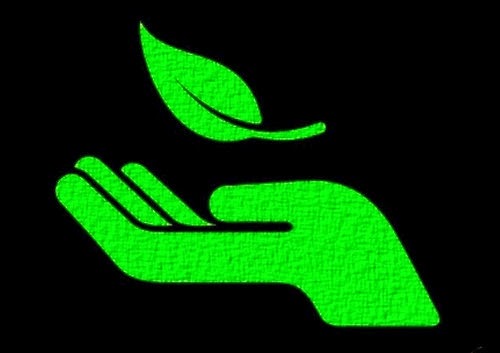


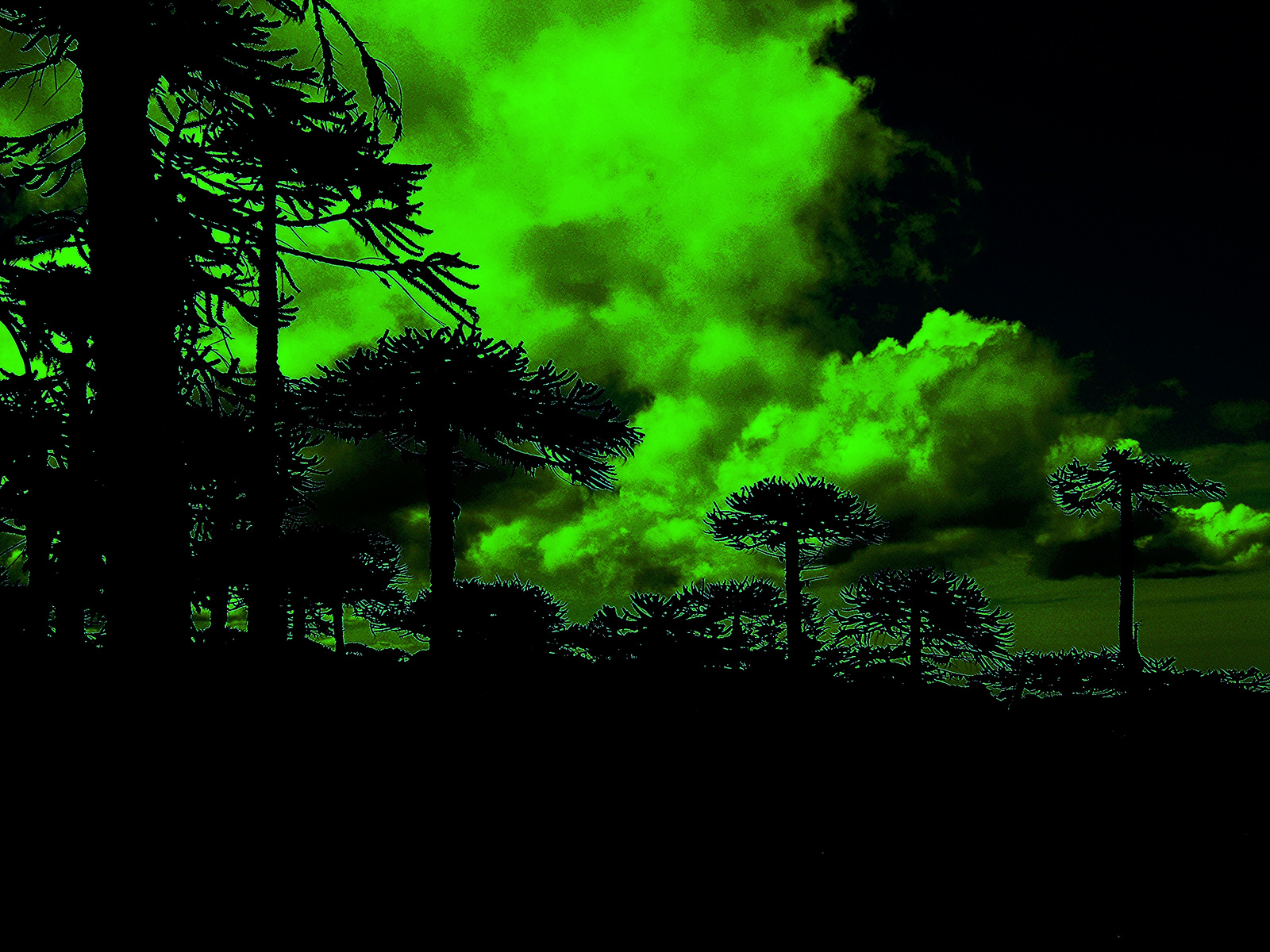

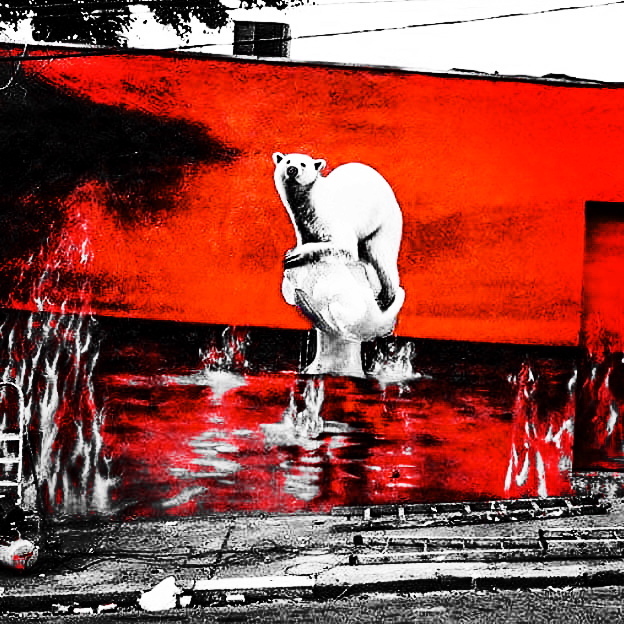
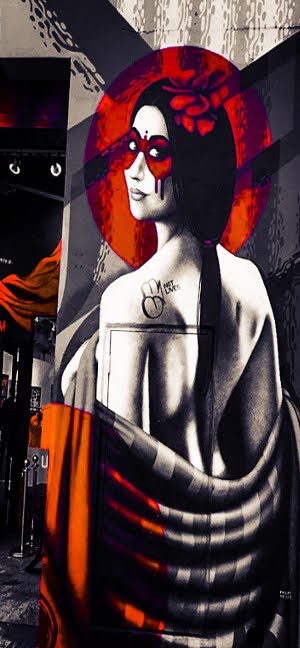
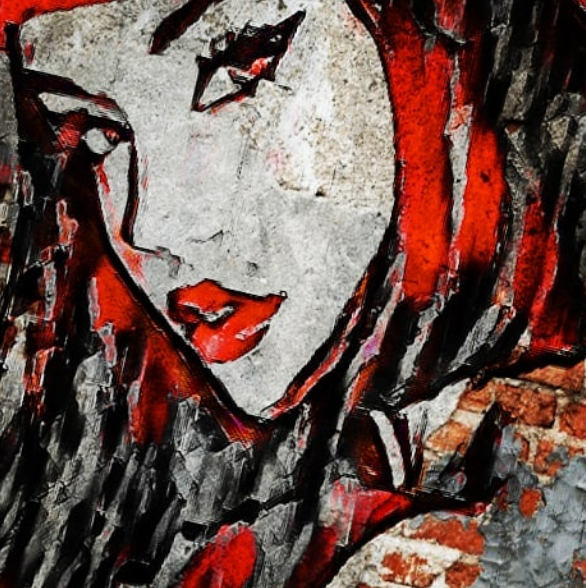
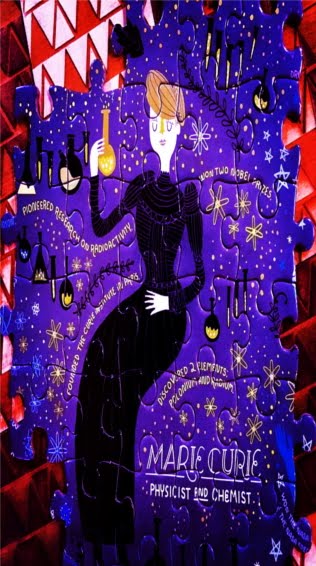




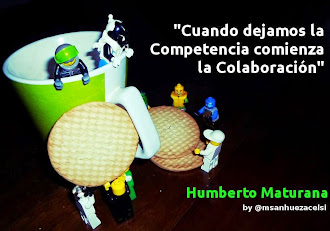

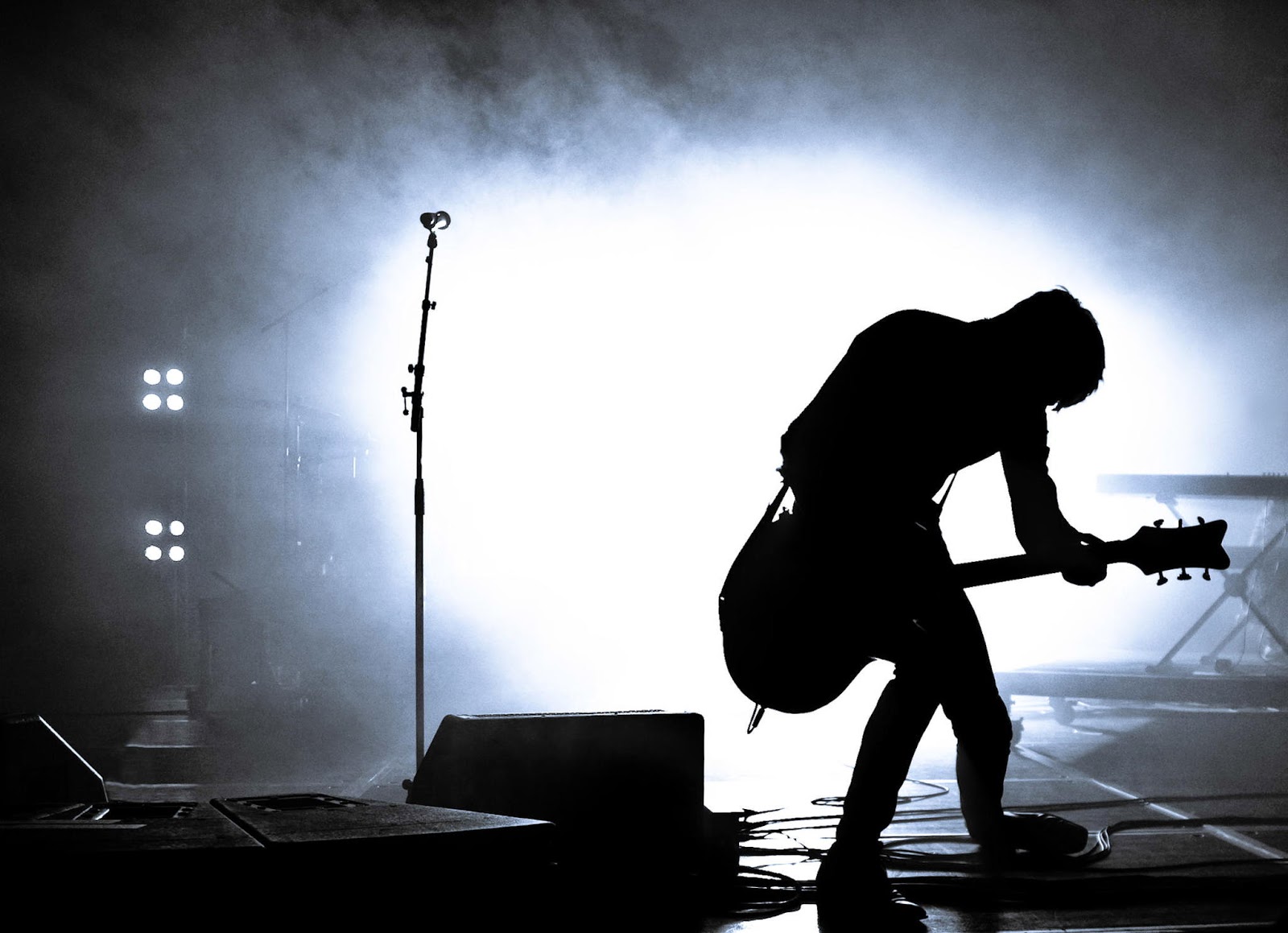
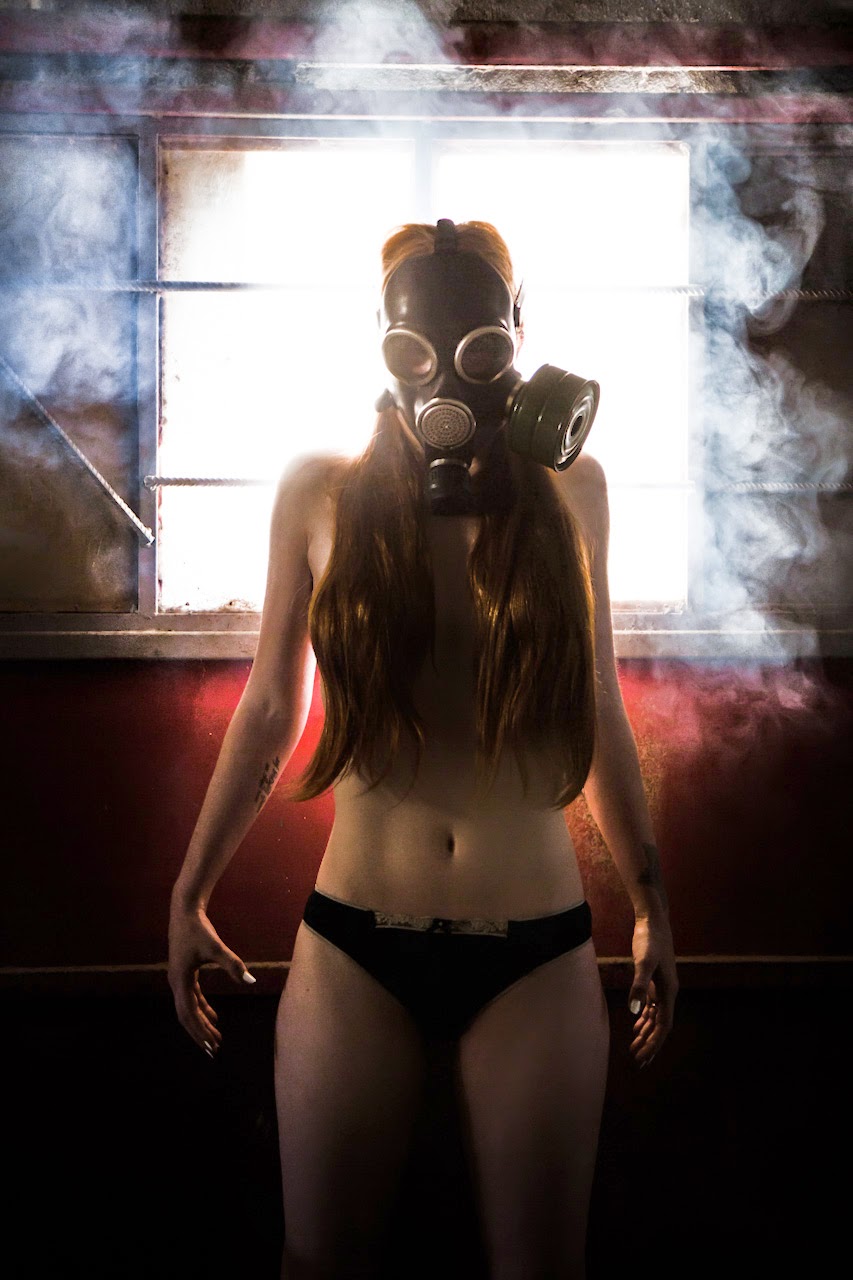










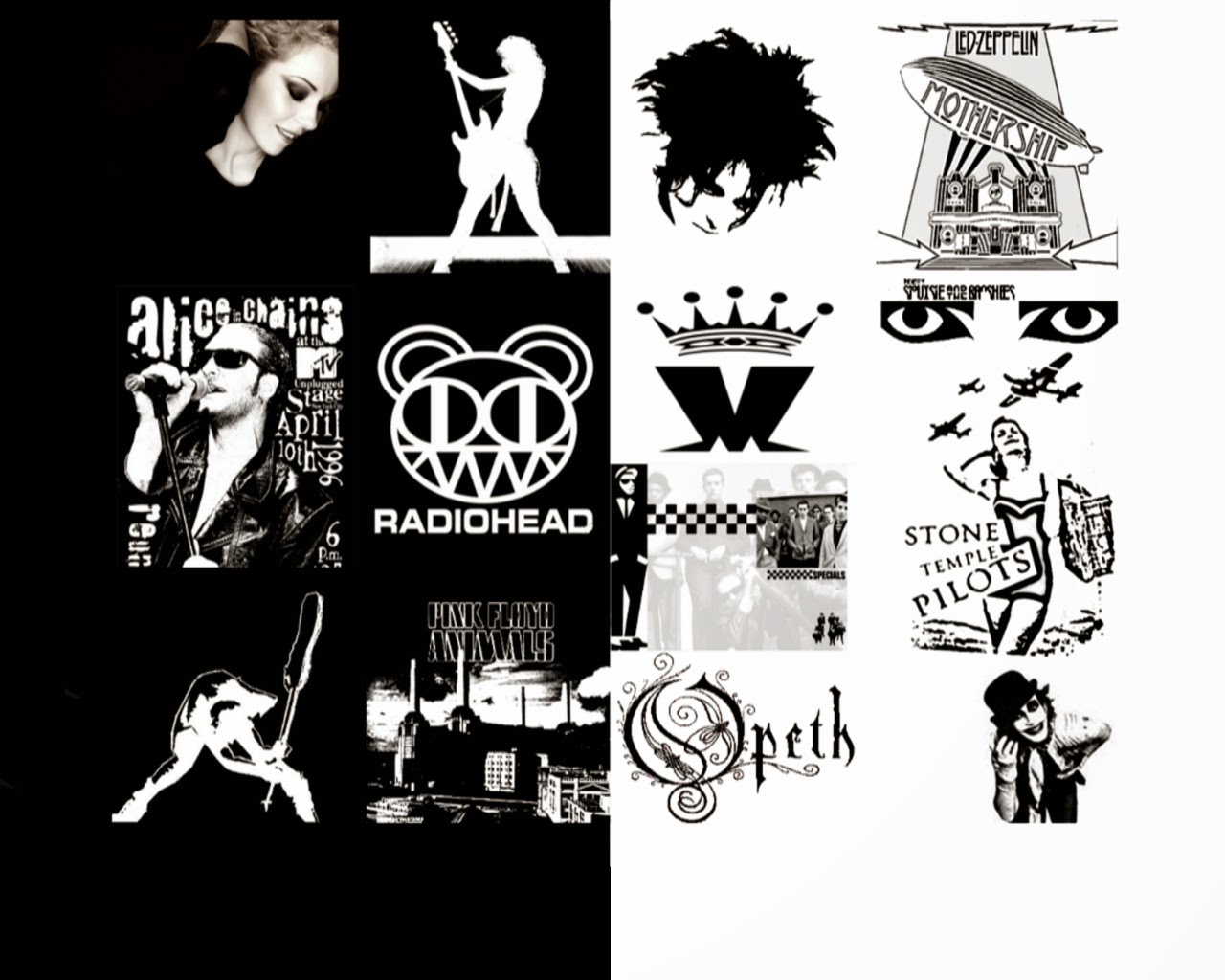

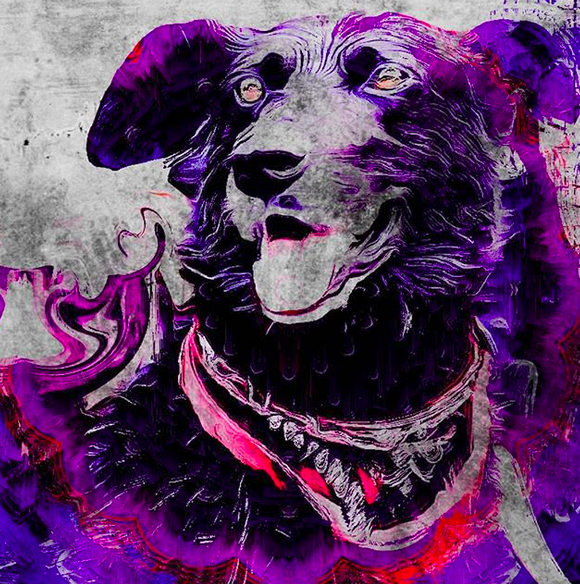
0 comentarios :